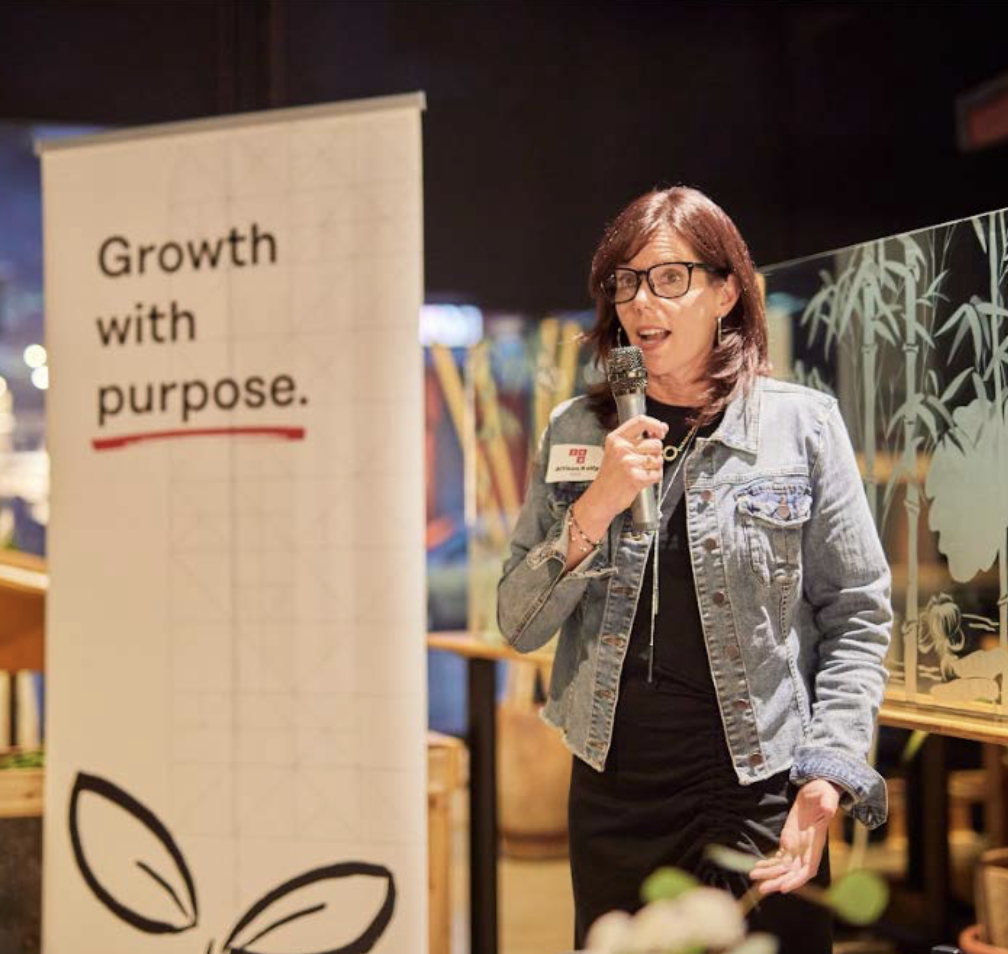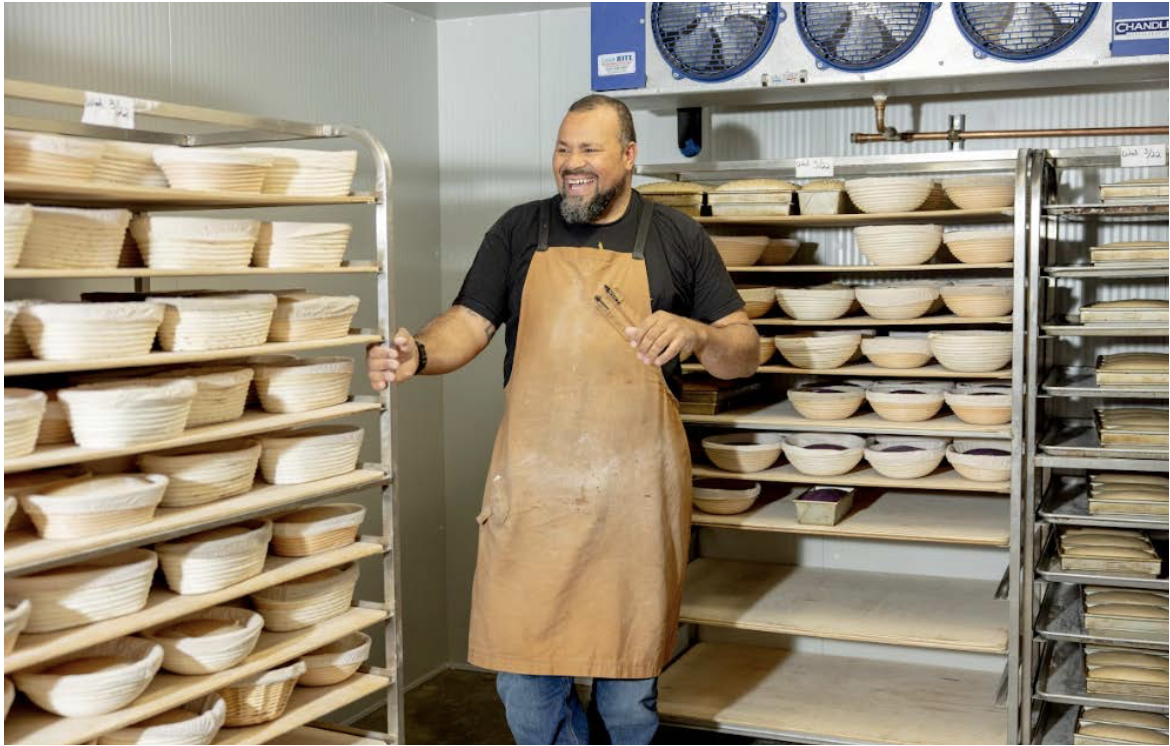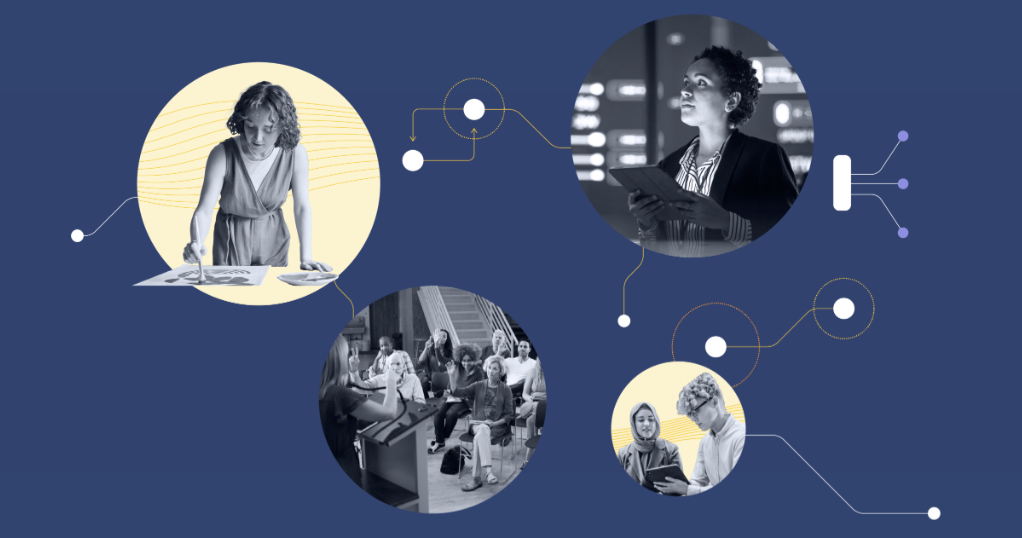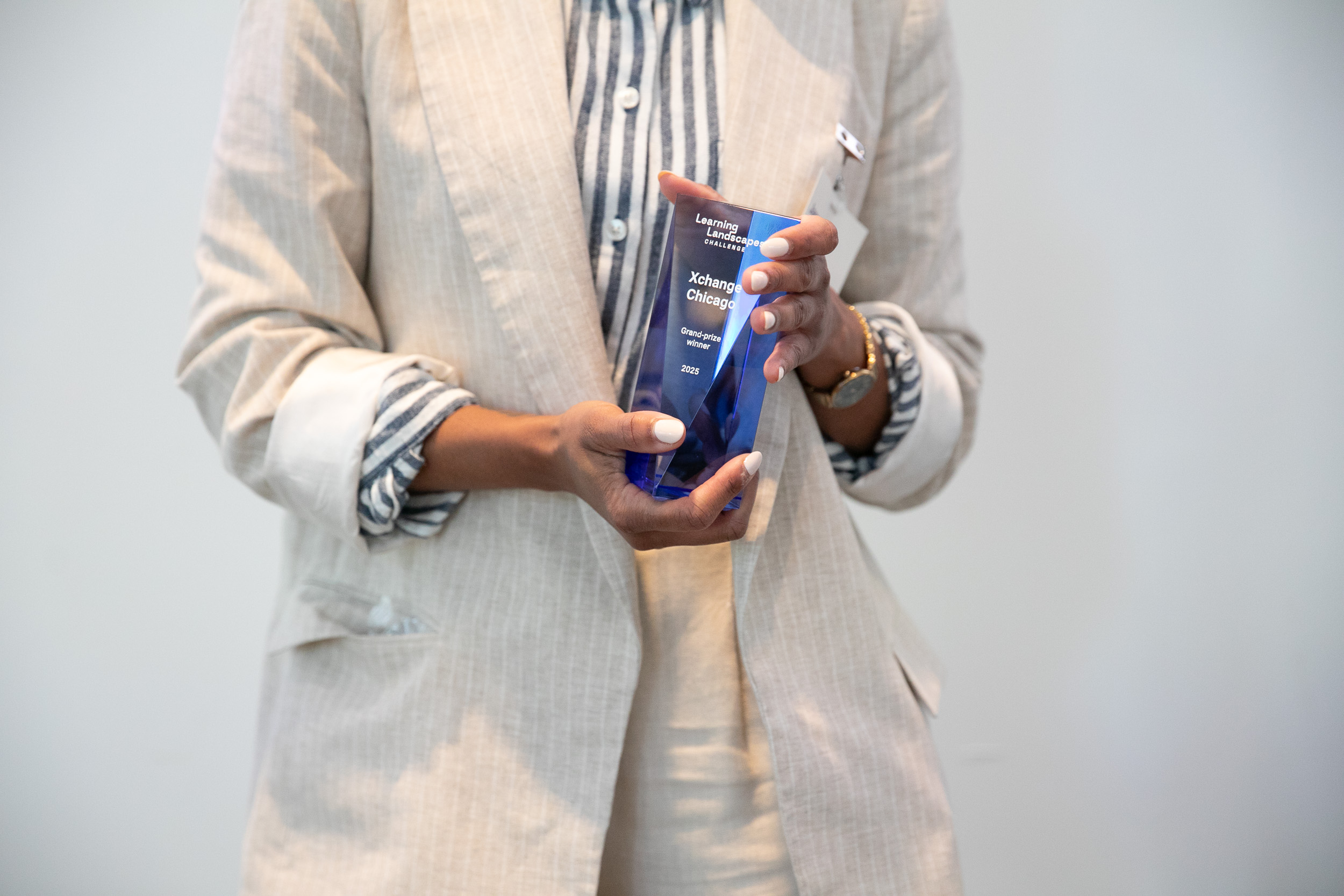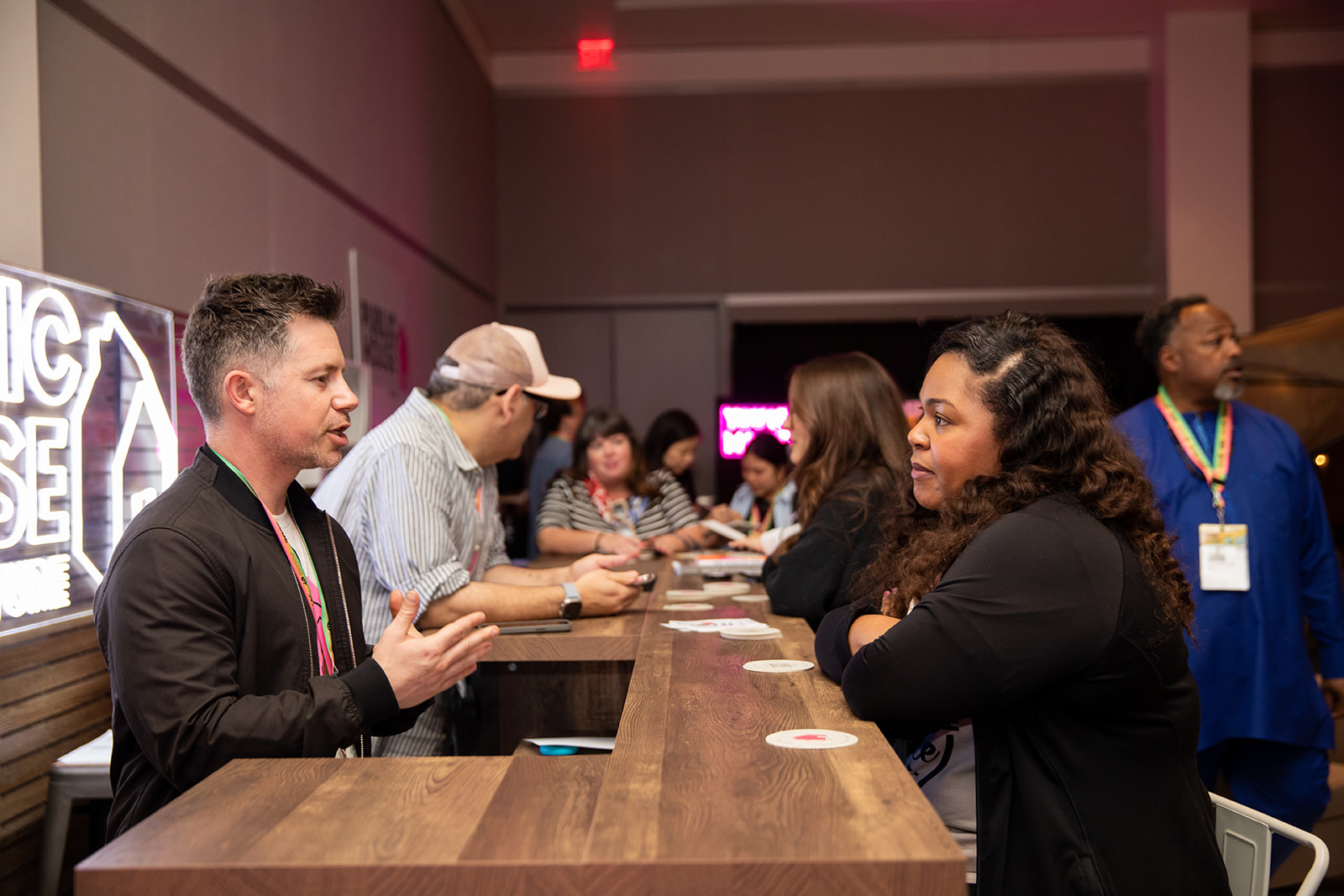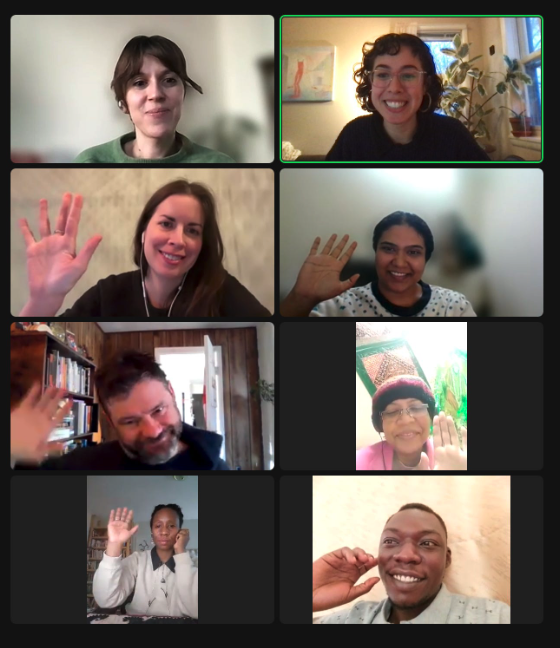ICA Case Study Series – Propagation: Choosing Propagation Over Scale or Replication
ICA has nurtured small businesses in the Bay Area through capital investment and mentoring for nearly thirty years. A central part of their approach is a form of impact investing that focuses on buying equity in promising companies rather than offering loans. As those businesses succeed, ICA creates pathways for the original owners to buy back that equity over time.



